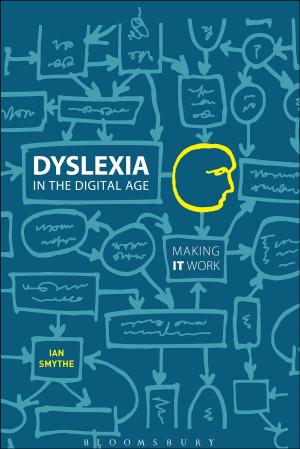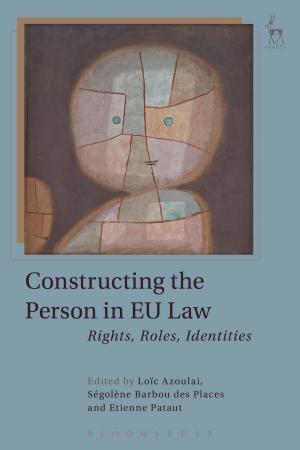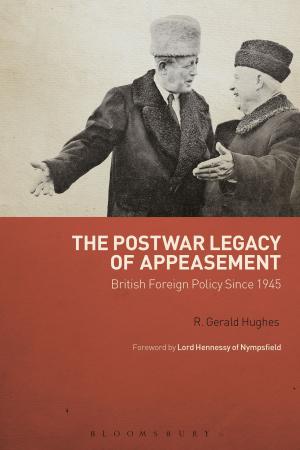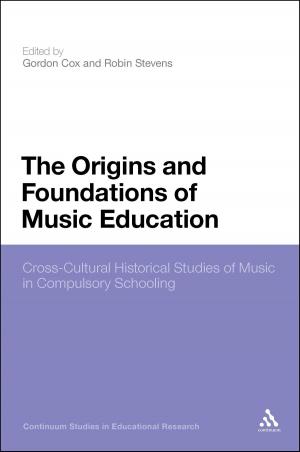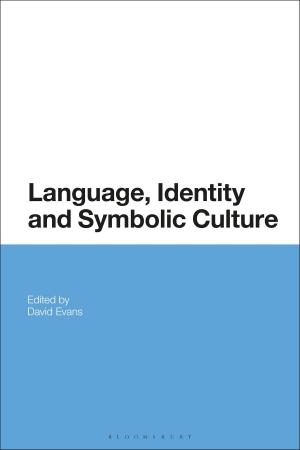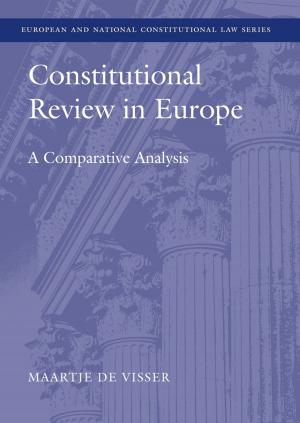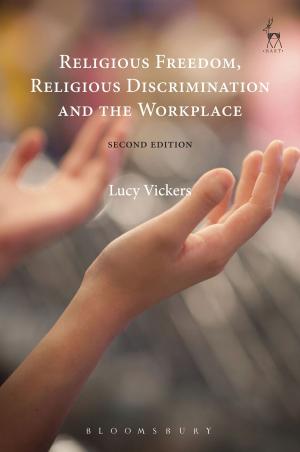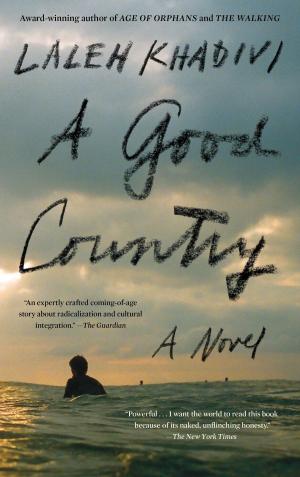Muslim Identities and Modernity
The Transformation of Egyptian Culture, Thought and Literature
Fiction & Literature, Literary Theory & Criticism, Nonfiction, Religion & Spirituality, Philosophy, Social & Cultural Studies, Social Science| Author: | Maha Habib | ISBN: | 9780857729989 |
| Publisher: | Bloomsbury Publishing | Publication: | March 16, 2016 |
| Imprint: | I.B. Tauris | Language: | English |
| Author: | Maha Habib |
| ISBN: | 9780857729989 |
| Publisher: | Bloomsbury Publishing |
| Publication: | March 16, 2016 |
| Imprint: | I.B. Tauris |
| Language: | English |
What have the concepts of modernity and secularisation meant for Islamic tradition, culture and society? How have the discourses which surround all of these issues influenced Muslim self-perception and individual identity? There have been many attempts to describe and analyse the problem that the encounter between Islam and modernity creates in the Middle East. However, few have been able so effectively to explore the impact this has on the idea and reality of religious identity and individual religiosity. Maha Habib examines modernity from this angle, offering socio-cultural, philosophical and literary perspectives. She assesses how this is played out in Egypt, analysing cultural changes in the country through its intellectual thought and literature, from the nineteenth century to the present day. Her references to the works of Muhammad Abdu, Lutfi al-Sayyid, Naguib Mahfouz, Alaa Al-Aswany and Salwa Bakr reveal contemporary issues and concerns which will interest those researching the cultural and social milieu of modern Egypt.
What have the concepts of modernity and secularisation meant for Islamic tradition, culture and society? How have the discourses which surround all of these issues influenced Muslim self-perception and individual identity? There have been many attempts to describe and analyse the problem that the encounter between Islam and modernity creates in the Middle East. However, few have been able so effectively to explore the impact this has on the idea and reality of religious identity and individual religiosity. Maha Habib examines modernity from this angle, offering socio-cultural, philosophical and literary perspectives. She assesses how this is played out in Egypt, analysing cultural changes in the country through its intellectual thought and literature, from the nineteenth century to the present day. Her references to the works of Muhammad Abdu, Lutfi al-Sayyid, Naguib Mahfouz, Alaa Al-Aswany and Salwa Bakr reveal contemporary issues and concerns which will interest those researching the cultural and social milieu of modern Egypt.

